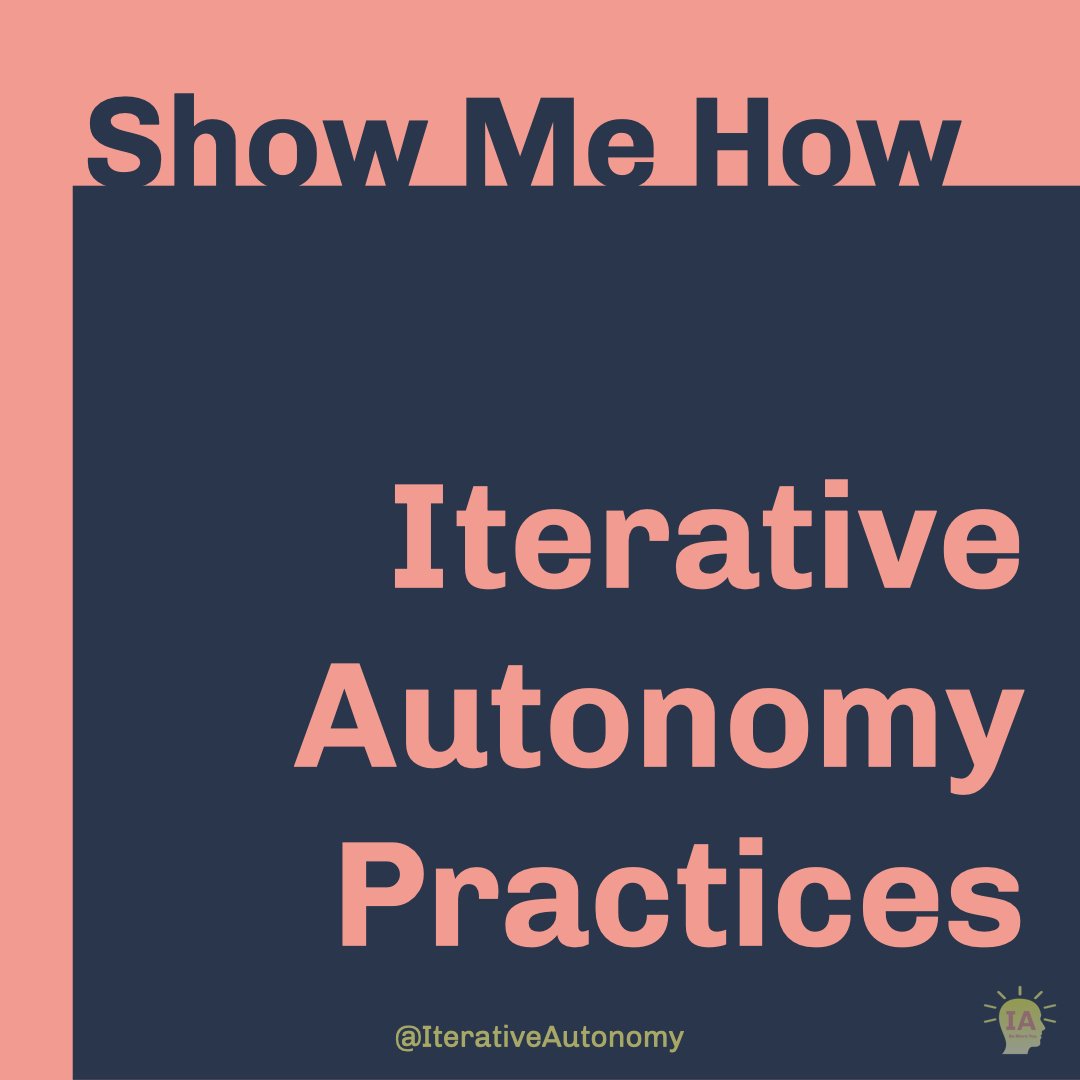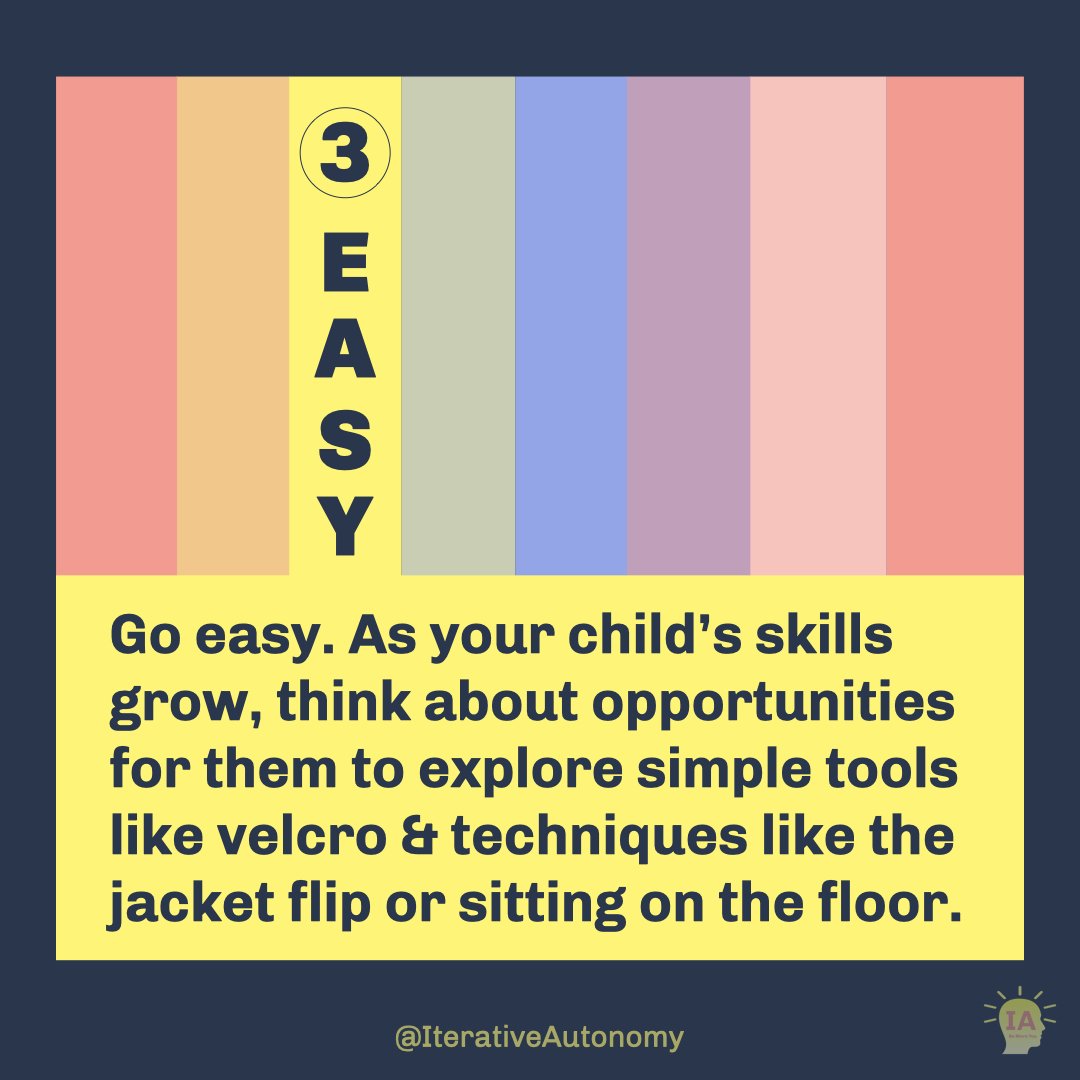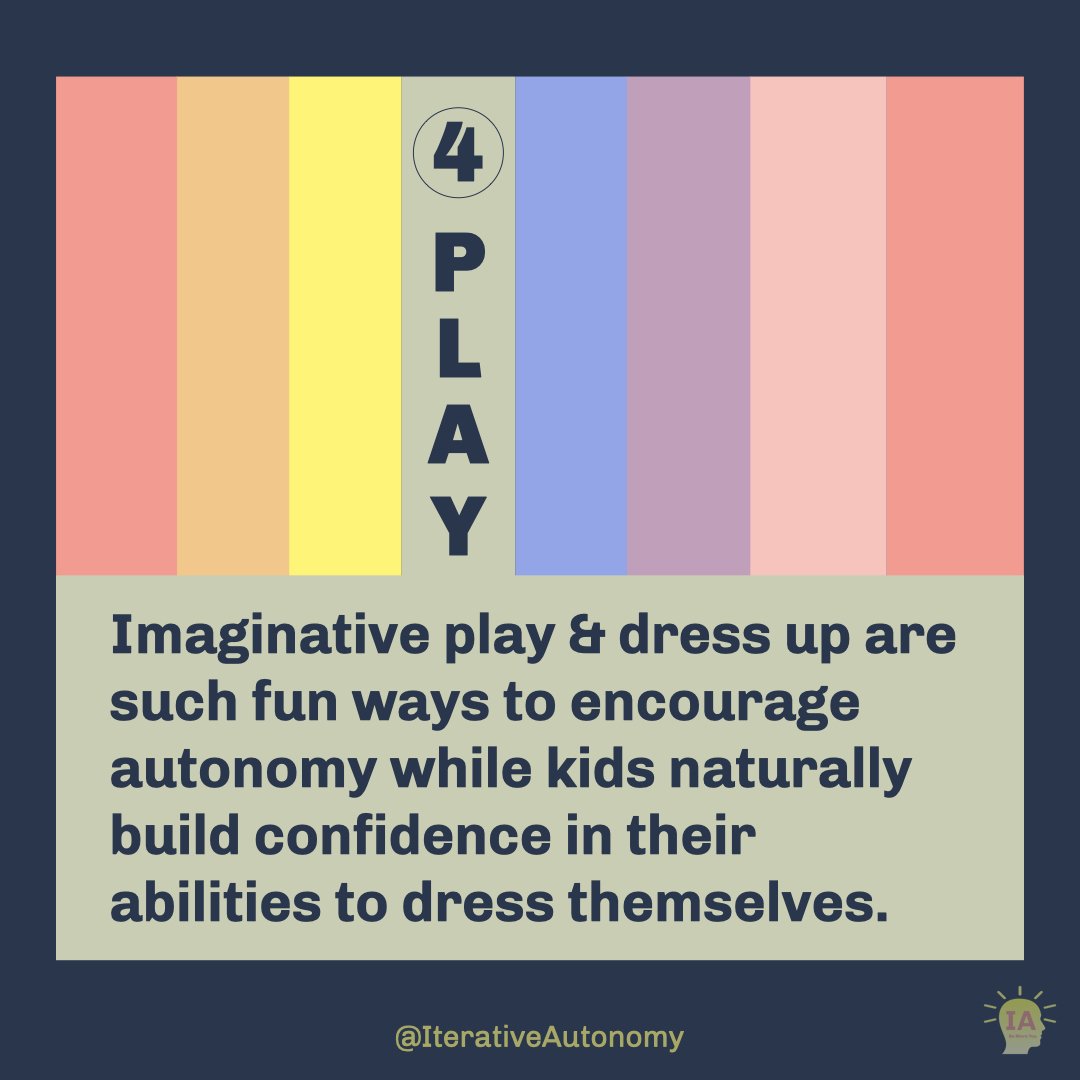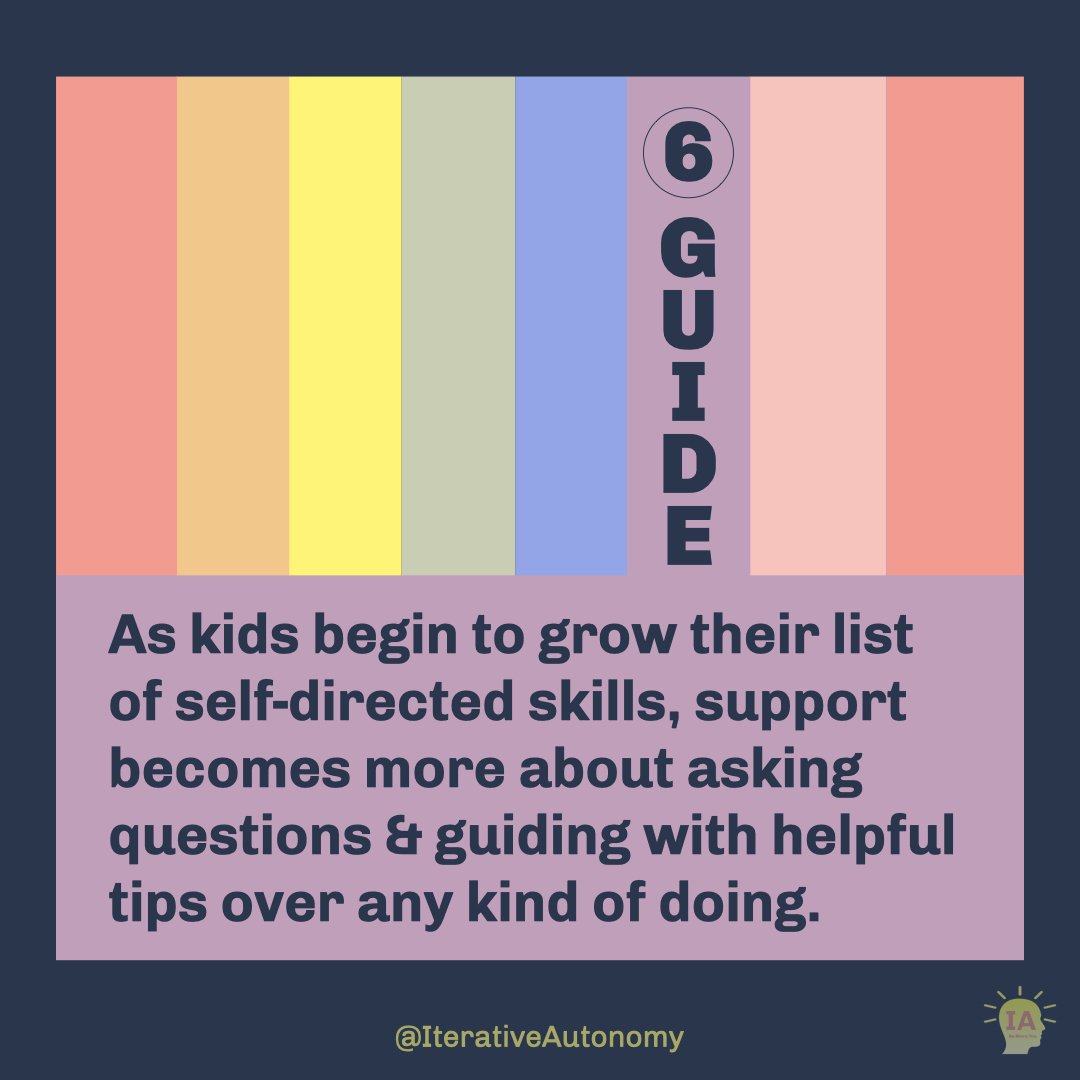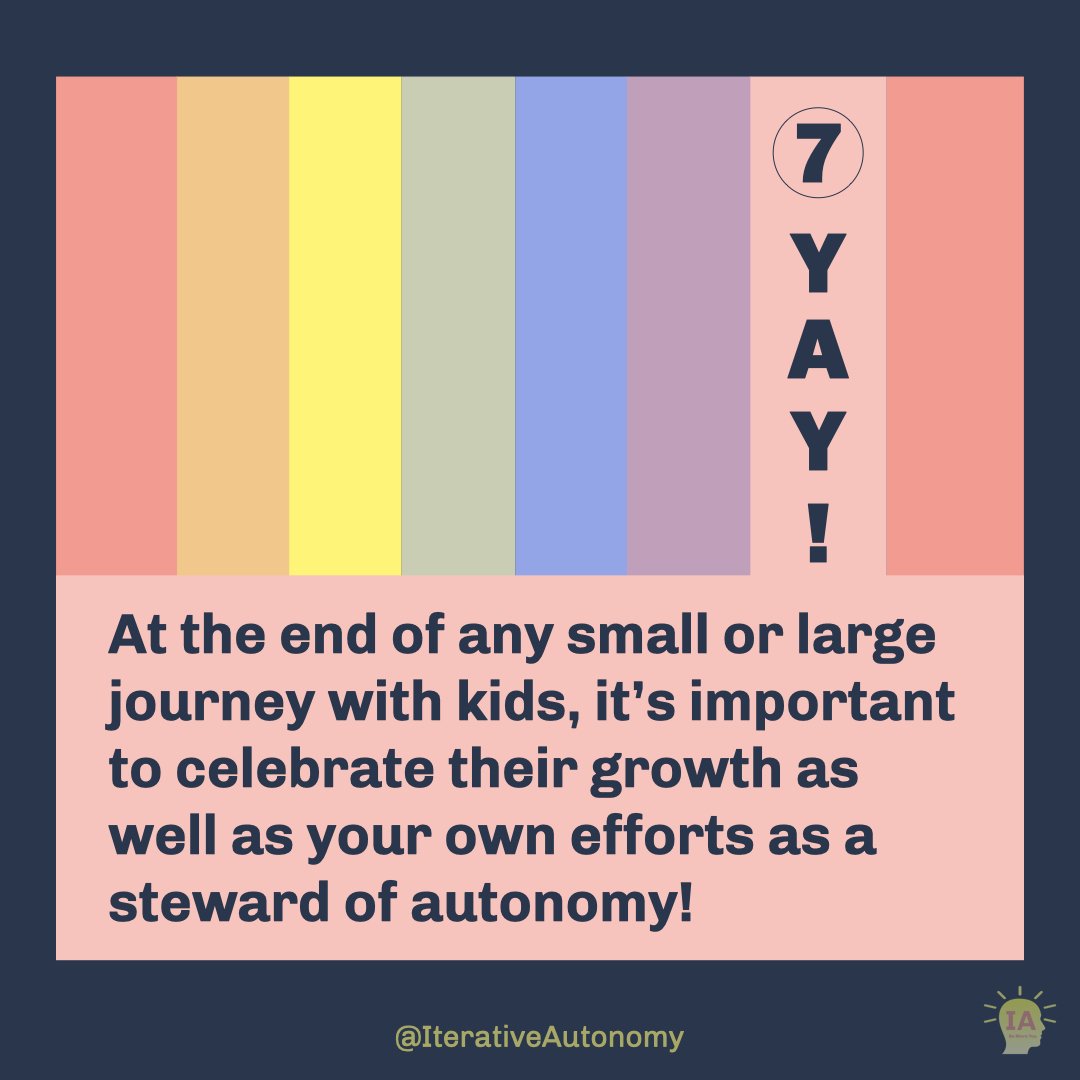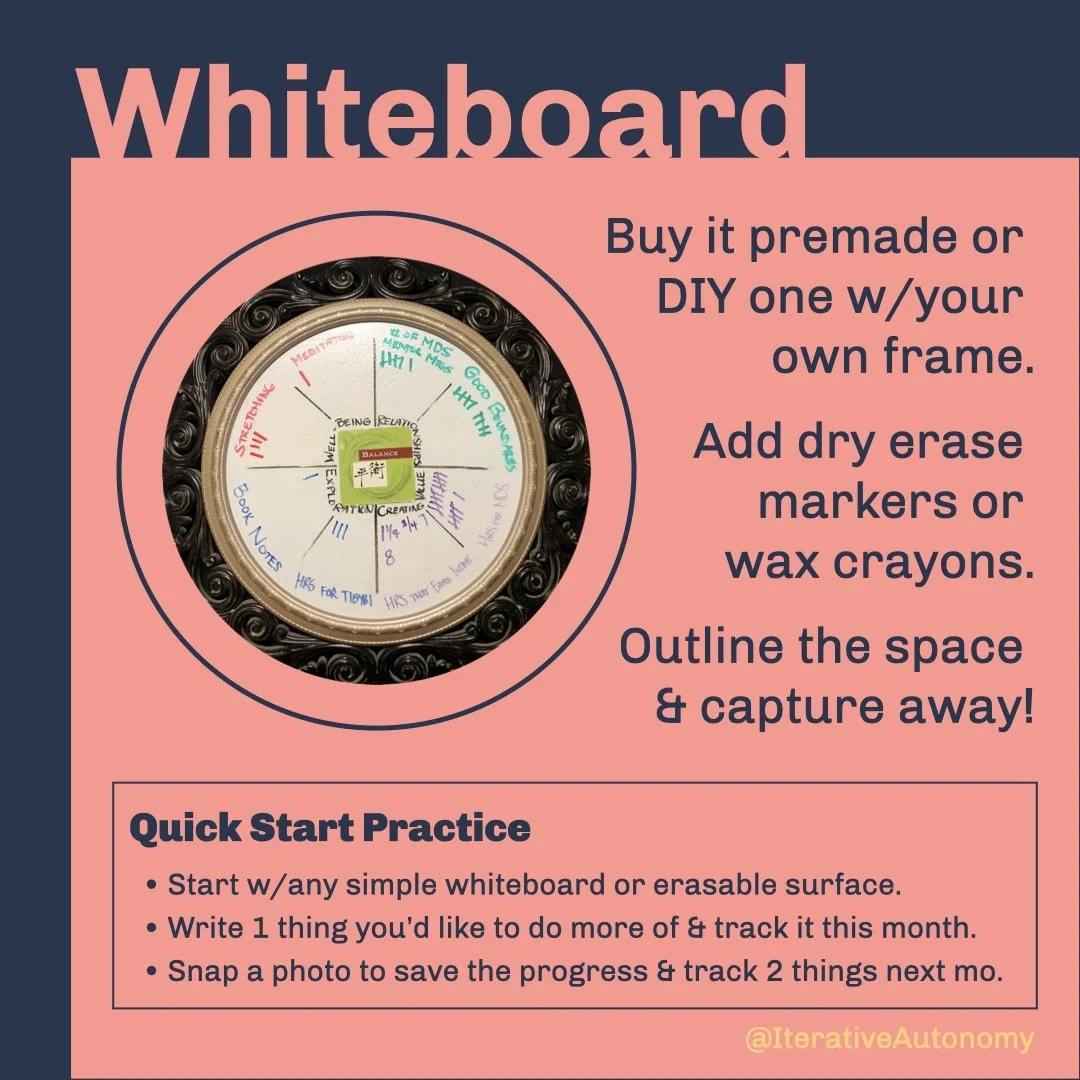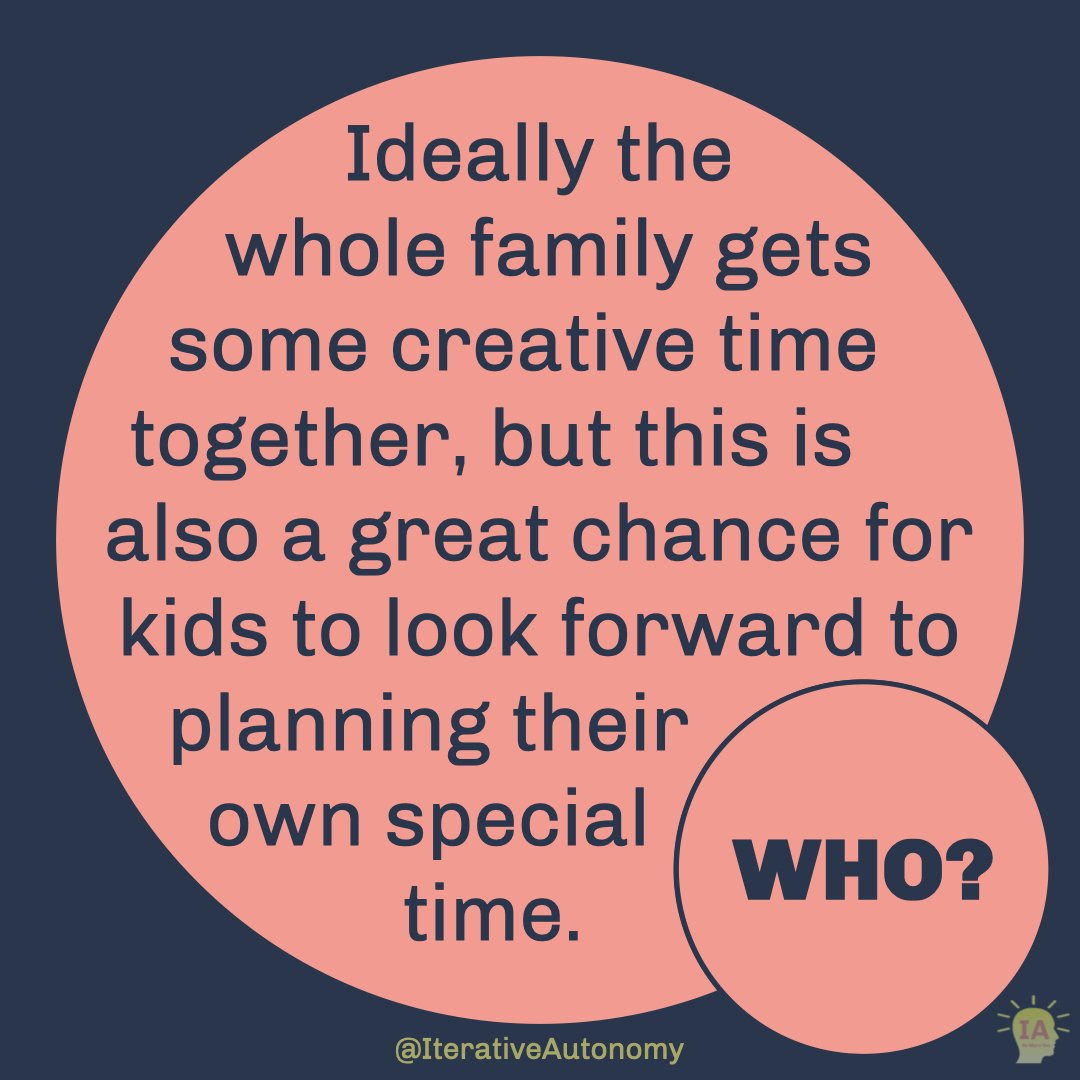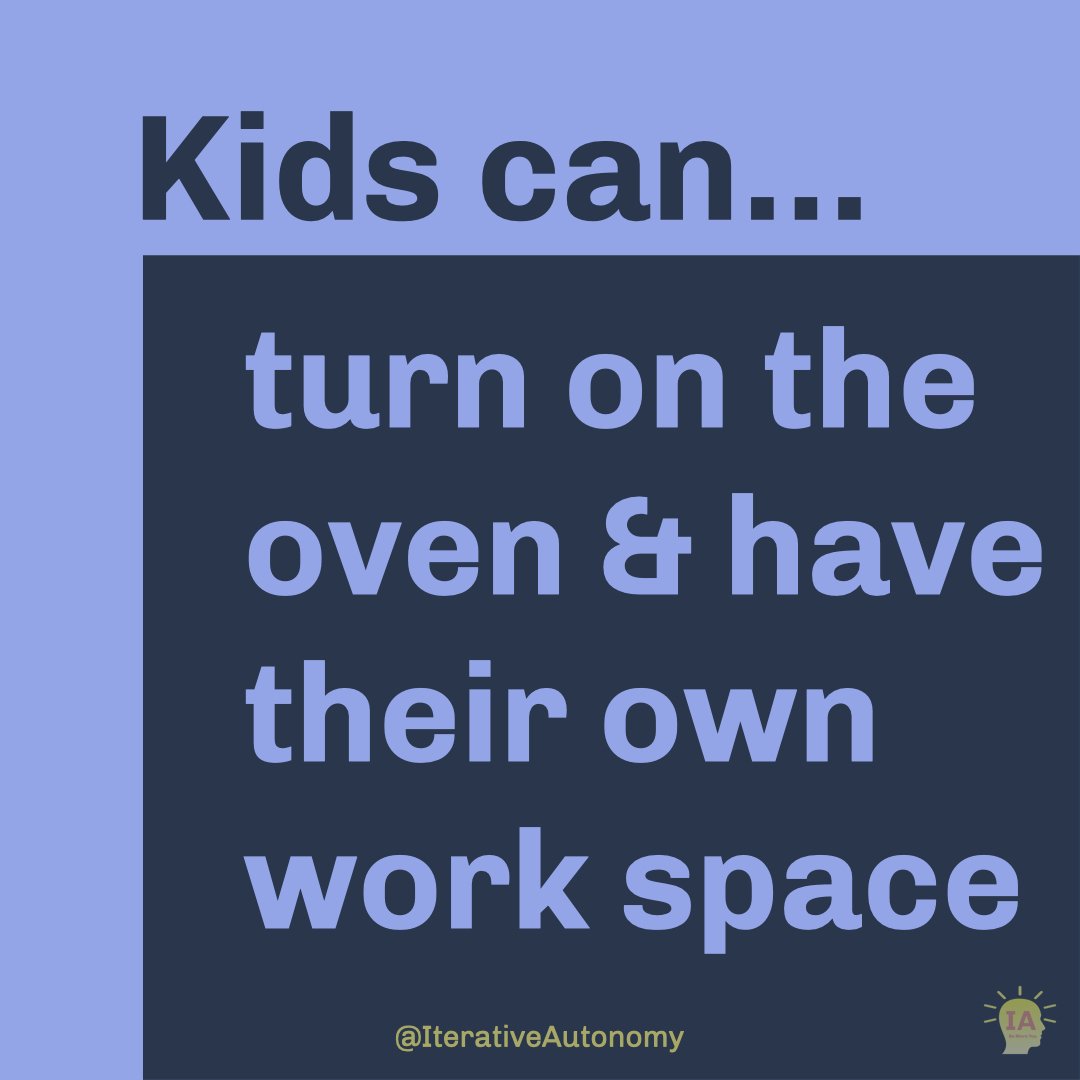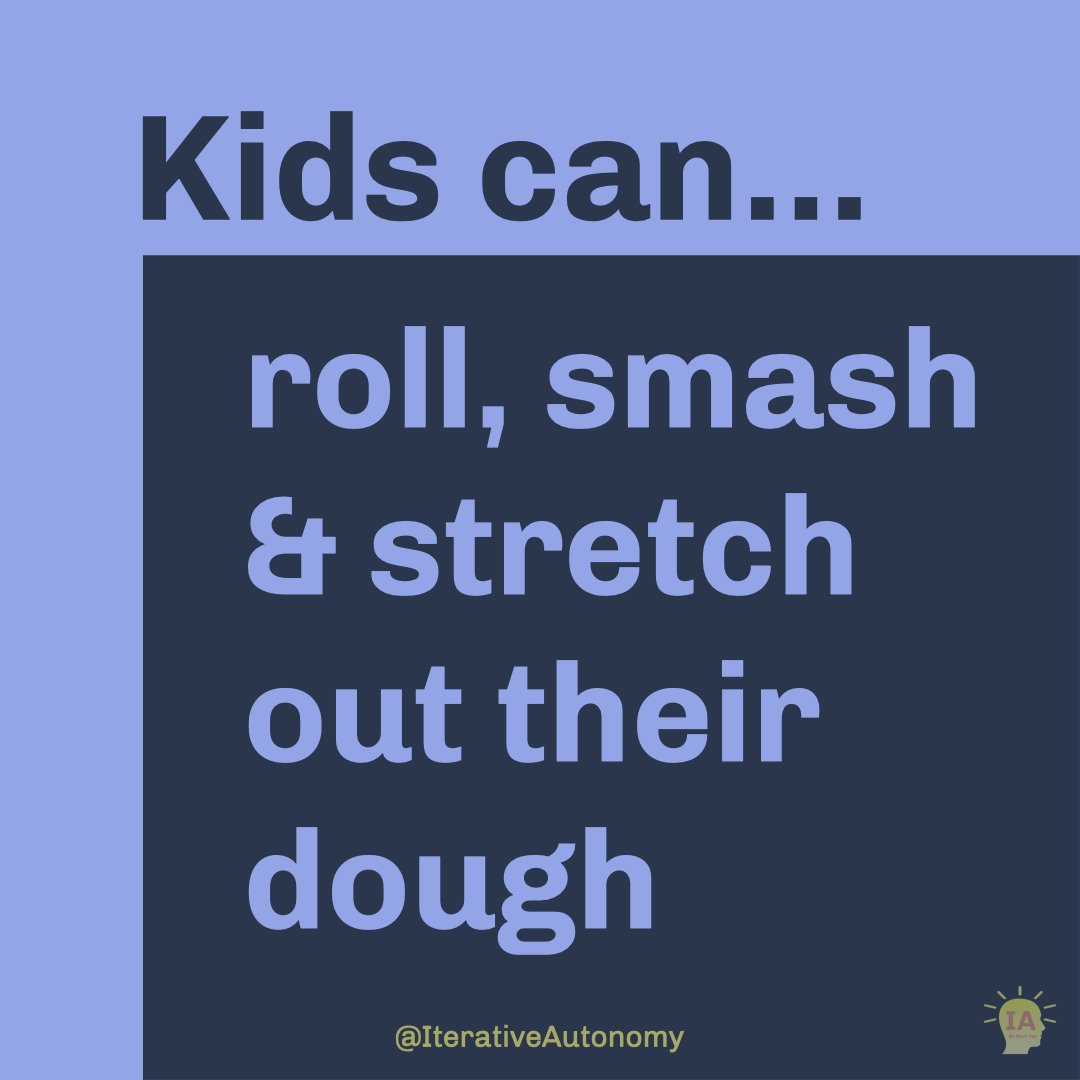Play is Work Worth Doing
A Playful Mindset Isn’t a Luxury, It’s Essential
Play is underrated.
We seem to think that work & play are opposites and so at some point we must grow up and play less and work more.
But play isn’t just dress up & legos.
Play is trial & error.
Play is creative exploration.
Play is trying something on to see how it fits & adjusting as necessary.
Play is, “What if we…?”
Play is necessary for new discoveries & growth.
Play is freedom to choose for yourself.
We come into the world curious & playful. Those who manage to hang onto that nature know that life is play.
When we remember to play we try things out, we learn, we connect, we grow, we move forward.
Play hones some of our most important life skills.
Play is work worth doing.
Why Play?
As any kid can tell you, playing is fun! But as it turns out, when we play we also get a bunch of other broad benefits.
Skills like problem-solving, negotiation and abstract thinking are honed through play. Plus play fosters empathy, creativity and imagination while relieving stress and improving our overall well-being.
Sometimes I think we hear a wide array of value like this and glaze over in our minds. Maybe because we can’t picture the value for ourselves — not seeing a specific benefit in our real lives. Or maybe because it’s hard to imagine what more “play” might actually look like.
I’ve got some more defined thoughts here to shade in the picture for anyone who can relate to the first mind glaze above and some specific IRL play ideas in the 3rd section if application is more of a sticking point for you.
Be More You
How do we know who we are if we don’t start by playing around with ideas about who we might be?
This is one reason that I’m an advocate of unfettered exploration & exposure in safe & healthy environments for kids (and for all of us).
Play is how we figure out who we really are, rather than who we’re “supposed” to be. It’s how we refine the stories the world has already come up with into stories that better serve & represent our actual lived experiences.
The more we play, the more we are able to think for ourselves, take ownership of our actions and find our voice.
When we create space, even just a few minutes, to let go of the tension of particular outcomes and let ourselves play around with “maybes” & “what if’s”, we’re almost certain to discover something new.
And when we learn new things, we create connections in the brain that help us to refine our mental models of what’s possible today and in the future. Frameworks to build off of for ourselves, people we support and the world around us.
Reading or watching something totally different for you.
Roleplaying in a child’s pretend tv show or a game like DnD.
Putting yourself in the “shoes” of someone you admire.
Paint with All Your Colors
Kids who work at play become adults who can play in their work.
Playing is something that never should have stopped over the course of our education and beyond. Creativity & imagination are too important to just be left behind in our youth.
In many childhood settings, divergent (or creative) thinking is trained out of us. Most of us peak in this skill at age 5 and slide steeply down the more comfortable hill of fitting in from there.
The thing is, I feel pretty confident that this kind of thinking is going to be a huge asset in our ever-evolving tech world (and not just because thinking for yourself & autonomy go hand in hand).
The mind is not built to function endlessly with constant obligations & the never-ending threat of a clock. Our brains need to play from time to time to stay healthy and work optimally.
When we have the chance to try on a broad spectrum of options while learning about ourselves, we end up with an overflowing color palette of nuanced self-knowledge — a wide variety of the interests, abilities & skill sets we possess.
Play is unbound experimentation that helps you think on your feet and the productive, high-achieving employees of the future are going to need these skills to stand out against the average and the AI.
Designing another world & telling creative short stories about it.
Folding a piece of paper into 8 boxes & drawing 8 different apples.
Improving a routine by first thinking/sketching/prototyping ideas.
Grow Your Mindsets
Our mindsets are like stories on cognitive shelves that we can choose from to guide us in any given situation.
For example, a growth mindset holds the belief that an ability can be developed. That you’re able to learn & improve. And in contrast, a fixed mindset revolves around the belief that an ability is fixed. That you can’t get better or make a change.
We develop these mindsets through observation & experience as we grow and they tend to stick with us — impacting different areas of our lives depending on what we believe to be true from moment to moment.
In environments where we see play as valid & possible, we are creating space for a growth mindset. A place where failure is not the opposite of success, it’s a prerequisite.
On the other hand, when we learn that play is silly and that only “hard work” — or worse yet being “smart” — will lead to your success, it’s easier to slip into a fixed mindset about your abilities.
As practitioners of play with growth mindsets, when we get stuck, it’s much easier to get unstuck. We don’t sit and wait for someone to come along with the answer. We don’t look for someone to save us. We try a tiny experiment and move forward. Maybe by an inch, maybe by a mile, but we don’t stay stuck.
Ultimately, play allows us to develop a more robust brain architecture offering us more creativity & resilience in our daily lives.
Praising ourselves & others for our effort, rather than results.
Getting to know your mind with “The story I'm telling myself is…”
Trying tiny experiments to shrink the effort needed to change.
Find Your Happy Place
It’s hard to play when you don’t feel safe.
And conversely, finding a place where you feel like you can be silly & creative, without fear of judgement or ridicule, sets you free.
While studying the conditions needed for creativity, Carl Rogers coined the term 'psychological safety' — when you feel accepted as unconditionally worthy, in an environment of empathic understanding, absent of external evaluation.
We can keep these conditions of empathy & worthiness in our mind when we want to create safe spaces. And, as you may not be surprised to hear at this point, play can help!
Make-believe, for example, is a great way to try on different hats and build empathy for other people & their experiences. And, on the flip side, when we are feeling stressed or unsafe, play that involves movement can help regulate our bodies & calm our nervous systems.
Building social skills & relationships, in a safe place to practice & fail, sets us up for success in an unknown future. Creating this space as a family team gives you all kinds of silly moments to connect over and build safe, secure bonds.
Empowering yourself & others by identifying the choices available.
Developing shared language for pausing or pivoting to meet needs.
Calming down with free dance, animal movements, yoga shapes...
Why I Play
I noticed at 2 different times in my life that other people were having a great time goofing around with their friends & coworkers, making each other laugh, and I thought, “I want that. How do I get that?”
It took a solid decade from those first observations, but I finally found that style of silly connection with my husband and his parents through all these little playful avenues we've built.
Lanes we easily drop into when we're together — quotes from a funny movie or comedy sketch, a few words that remind us of that thing that happened that time, some of the best are actually just silly little puns or parodies we make up on the fly (some better than others, but no one's judging).
So here’s my final play “pitch”. I notice pretty much every time I’m playing like this that I’m filled with 3 thoughts:
I’m so lucky that I found people who feel safe to play with.
I want to bring more of these vibes to my work.
This is the “good stuff”.
We’re Built to Play
Play is how we learn, connect, discover, grow.
If you’ve been around a toddler, you probably have the sense that play is an innate part of being human.
And, as an adult, there’s a good chance that you’ve “learned” that play is for kids (and maybe the weekend if you’re lucky).
But our brains* say otherwise.
NEUROPLASTICITY & NEUROGENESIS | Play helps the brain to adapt and stimulates the growth of new neurons throughout life, helping to preserve & repair brain function as we age.
FRONTAL CORTEX, STRIATUM & AMYGDALA | These parts appear to work in concert to support our ability to play and active play in turn creates positive benefits within these structures of the brain supporting many functions including regulating emotions, solving problems & planning for the future.
MIDBRAIN | Built-in, biological pathways to motivation & engagement are rooted in “play circuits” here that are activated in playful environments.
CEREBELLUM | The back of our brain holds an important role in turning our trial & error movements into fine-tuned motor skills.
VAGUS NERVE | When we play, we support a state of harmony between our sympathetic & parasympathetic nervous systems enhancing our mental & physical health.
Our brains form through the creation, expansion & connection of neural pathways. Everything we do, lights up a set of pathways in the brain. When we do new things, we expand our pathways. When we repeat things, we strengthen & reinforce pathways, making it easier or more likely that we’ll use them again.
Research suggests that play is required to grow a fully functioning brain and when this process is interrupted for any reason (stress, trauma, neglect) the brain needs more play, not less, to get a healthy growth process back on track.
So play is one of the key ways that our brain grows AND heals. Play is like a language we learn as kids and there are endless reasons to keep speaking it as adults.
*DISCLAIMER | In many cases, the research at this point is limited to animal brains. I’m not an expert on neuroscience, but I do love to learn about the brain. Please look to the experts for more detailed information on how the brain works & let me know if you find anything new, interesting or different that may improve this post.
Play in Practice
Iterative Autonomy (IA), the practice my work is built upon, is a type of play.
Iterative practices grow & change as they repeat over time.
Autonomy is freely choosing your own thoughts & actions.
Iterative Autonomy is a practice of growing your self-awareness into greater ownership of your thoughts & actions.
IA could also be defined as continuously playing to discover who you are and who you’re becoming. Here’s my personal journey with an Iterative Autonomy practice as an example.
If the idea of being more playful sounds appealing, but has felt challenging, I’ve got some ideas below to help you get started. There are several images to scroll through for most of the ideas, so this section is definitely intended to offer up choices for you to consider, not give you a checklist or overwhelming options.
If you find something that feels fun, pause right there and see if you can spend even just 5 minutes bringing it into your world right now (maybe with a sticky note, phone reminder, finding a quick “capture vessel” or trying out a simple activity at dinner tonight).
IA Practices
Self-Directed Play for Kids
Play in Problem Solving
Play as a Family Team
Play is Work Worth Doing
At the end of the day, my work is about supporting kids in growing their self-awareness alongside their growth mindsets from the beginning, so that they see themselves and their lives as always fluid & evolving.
To me, “becoming” describes an iterative autonomy practice.
Kids, teens, adults — we’re all in progress, becoming the latest version of ourselves. Changing a little every day.
That’s not an idea I personally came to until much later in life. I spent my childhood & teen years trying to fit in. Trying to be cool. Mostly just trying to get through it without anyone making fun of me.
I slowly started to find a voice senior year, but I feel like even through my 20’s, I still had too rigid of an idea of myself.
Seeing myself always in binaries.
As one way or another.
Not in a state of flow.
Not a complex human in progress.
How would things change if we all grew up believing that we were always in progress?
I think a lot of us are set up to believe we are who we are. That we may change a little, but mostly we won’t.
And that feels like a burden that we shouldn’t pass on to the next generation. Let’s give them less labels & more flexibility. More of a chance to discover for themselves who they are becoming.
Let’s do everything we can to help them maintain and grow their sense of wonder & innate curiosity about the world, so they can be in charge of driving their lives forward in directions of their choosing. Always knowing that they can adjust course a little or a lot if they so choose.
As adults, the best way to help kids stay playful is by building & modeling our own “play practice” for them to observe. This way, the whole family shares in the creation of a safe space to play & grow together.
Let’s teach kids that play is work worth doing.
Play is Better Together
I want your family to get all of these play benefits & more!
If you’re looking for ways to play with your kids that your whole family can enjoy together, consider joining me & other Autonomy Adventurers for our first online quest this summer!
Quests involve a fun, expansive prompt, with flexible ideas & resources, for you to center your family’s playful engagement around.
And the Autonomy Adventurers’ Membership will connect you with a creative educator (that’s me 🙂) and a virtual community playing in similar ways.
Right now, I’m offering my Make Your Family a Team Quest Basics for FREE!
PLUS, you can also download a fun, pocket-sized passport companion to prompt ideas and keep track of your first family team adventure.
Use the link buttons below to sign up for the Autonomy Adventurers Membership waitlist OR to join my email updates list and you’ll get the free code to download them in your confirmation email.
Oh, and one more thing, please keep in mind that this whole thing is at the very beginning & that means 3 really beneficial things for your family team:
More offers are on the way & I want to hear from your family about what you’d like to see & what would be most useful to your team.
Members have direct access to a former teacher to ask questions and make requests, which is something that I won’t be able to promise forever.
This is a passion project for me & I want to design something your family will really use & get value out of, so I’ll always be open to hearing about how it can be improved.
Meet the Author
Melody Baran | Iterative Autonomy LLC | Owner. Creator. Curator.
Iterative Autonomy is a practice of self-discovery based on my experience as an educator.
It’s my answer to the question: What can we do to set ALL people up to succeed?
I'm Melody, creator & curator of Iterative Autonomy, and trust me I DO know it's a mouthful, but it's also a way to define both the entire human experience AND how to live life to the fullest in just two words. This is why I feel so strongly about their value and potential to effect positive change.
Without iteration, we are denying the truth of change, the one thing that we can depend on to happen in this world. Without autonomy, we aren't really a world of individuals, we are a finite collection of echo chambers.
I've been a classroom teacher and I've owned & operated two education-based companies. For the last several years, I've had the privilege of stepping away from all of that & researching, from every angle I can think of, how we might approach education differently, so that EVERY child becomes an adult who knows themselves well & knows how to achieve any goal that they choose to pursue.
Iterative Autonomy is my answer.
My practice of autonomy allyship & advocacy is an iterative one as well. I welcome constructive feedback from those who have knowledge, experiences, perspectives and ideas to offer that are different from my own whether they align with my viewpoints or not.
I want to get this right and the only way to do that in my open is to always stay open to better ideas and deeper understanding. In addition to sharing feedback in the comments below, my About page has several forms for sharing ideas with me 1-1 and/or anonymously. Thank you for helping me to grow!

